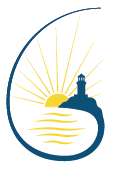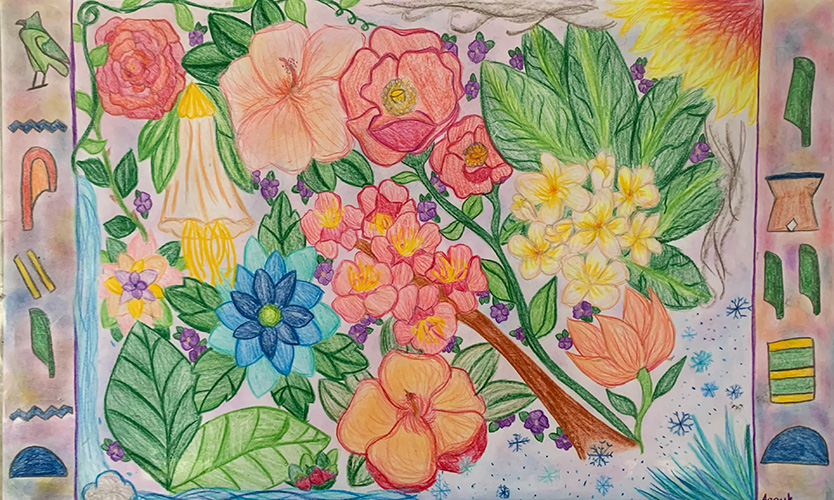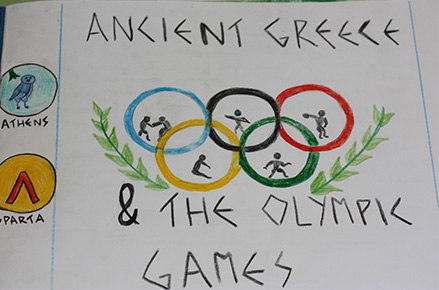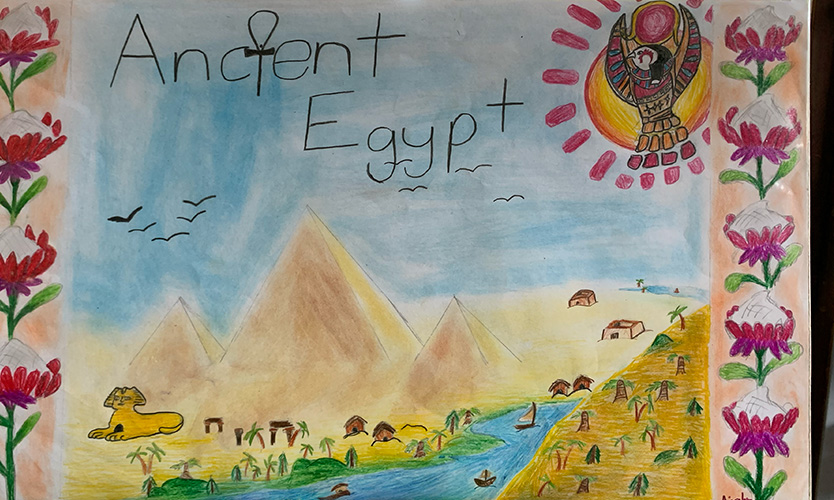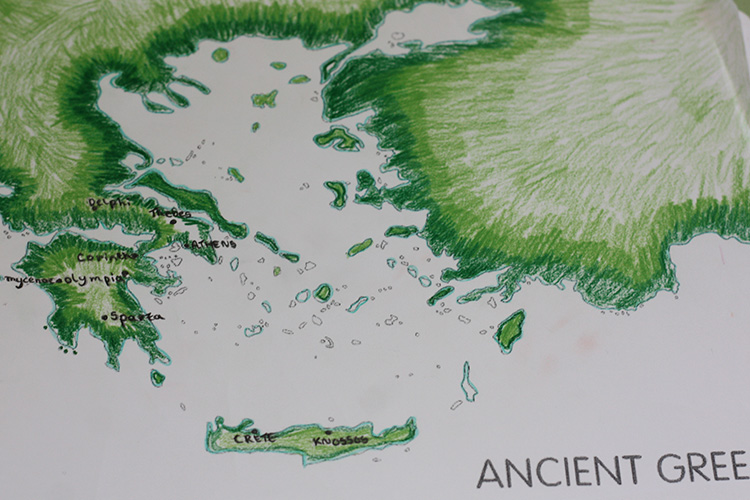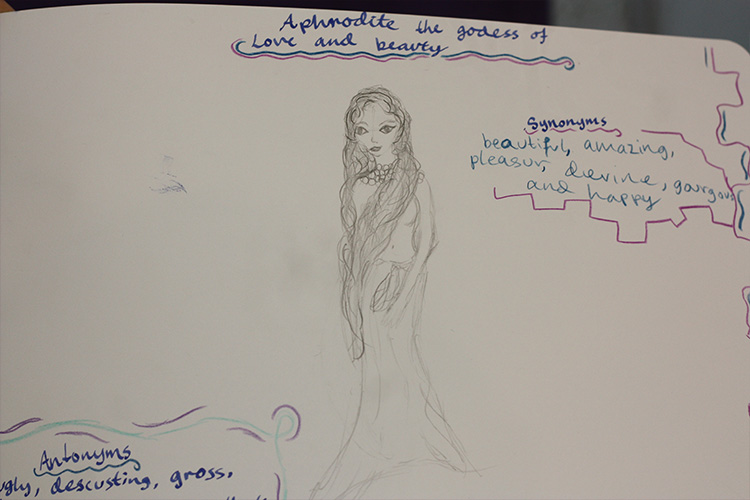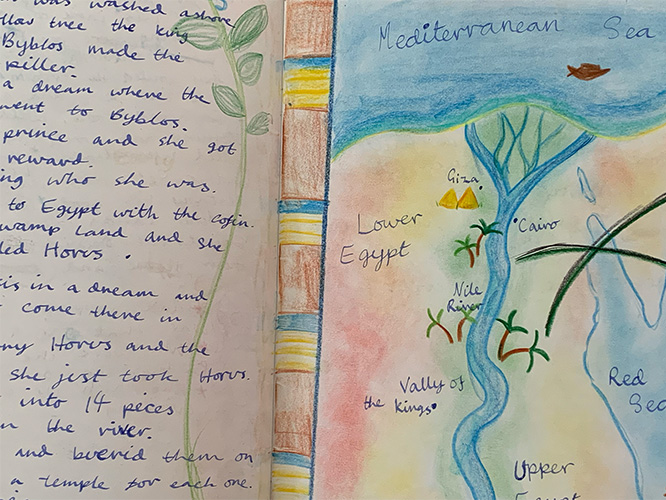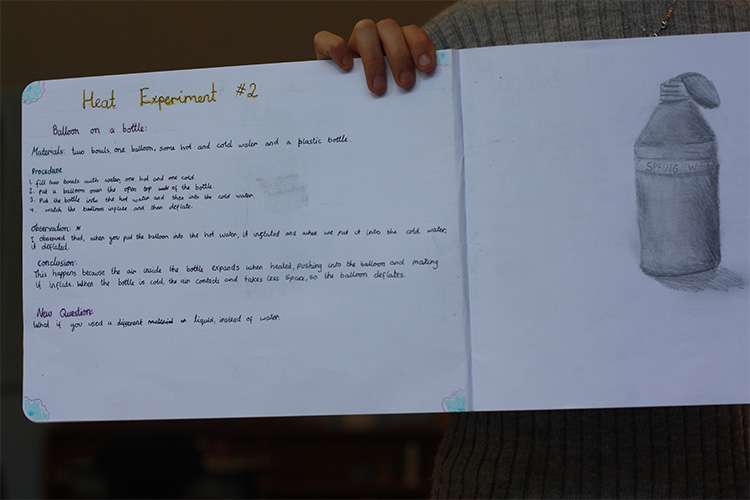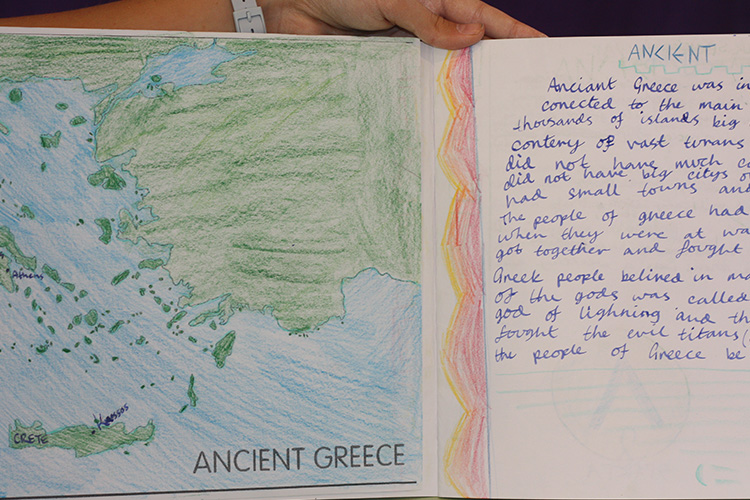Our students were very excited to attend the Byron Bay Writers Festival for the Primary School Day. The event provided a unique opportunity for our upper primary classes to step out of the classroom and into a world teeming with stories. They were lucky to meet some of the authors and illustrators of their favourite books, the day hopefully ignited their imaginations and inspired their own reading and writing journeys, reinforcing the deep value we place on storytelling and creative expression.
At Cape Byron Rudolf Steiner School, our educational philosophy is rooted in the principles of Rudolf Steiner, which approach reading and writing as a developmental process that unfolds in harmony with the child’s readiness. Instead of early, abstract instruction, our focus in the first few years is on developing a rich inner life through oral storytelling, art, and movement. This builds a foundation of imagination and language essential for a deep connection to literacy. By the time our students reach Classes 4, 5, and 6, they are no longer “learning to read” but are “reading to learn,” and their engagement with language becomes more analytical and historical.
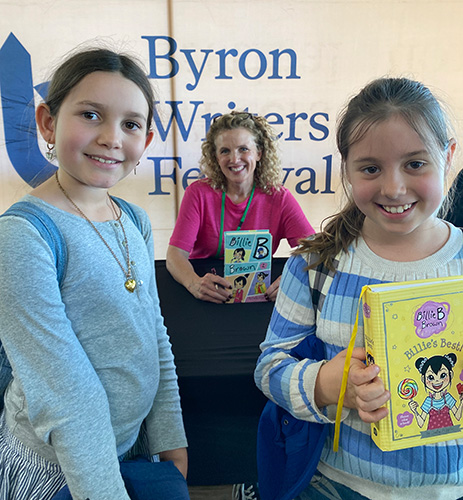
Rudolf Steiner believes that the child’s education is to be a life-process in which the learning of reading and writing is not an end in itself, but a means for the further development of the soul.
Our Main Lesson Approach to Literacy
A key feature of our school is the Main Lesson, a deep, multi-week study of a single subject. During this time, all subjects, including reading and writing, are woven into the main topic, allowing for a holistic and artistic learning experience. Our students create their own Main Lesson books, which serve as personal, handwritten, and illustrated textbooks.
Class 4: Stepping into the Wider World
In the year students turn 10, the Class 4 child undergoes a significant change, often called the “nine-year-change.” This is a time of a dawning sense of individuality and a separation from the world. Our curriculum meets this developmental stage by introducing subjects that explore the world outside the self.
- Main Lesson Areas: The central theme for Class 4 is the local environment, including local history, geography, and a comparative study of humans and animals. The dramatic tales of Norse Mythology are brought to life by our current Class 4 teacher, Kiedo, who guides our students in exploring these stories that mirror their own emerging sense of self.
- Reading and Writing: Literacy in Class 4 moves from the imaginative to the more structured. Students begin to engage with grammar, punctuation, and creative writing. Kiedo provides rich material for composition, with students writing their own versions of tales and exploring the hero’s journey. They learn to write from personal experience and narrate stories, which strengthens their command of language.
Class 5: The Golden Age of Greece
Class 5, often referred to as the “golden age of childhood,” is a time of harmony and balance before the onset of puberty. Our curriculum reflects this by focusing on ancient civilizations that embody beauty and balance.
- Main Lesson Areas: The curriculum for Class 5 is centered on ancient civilizations, including India, Persia, Egypt, and especially Ancient Greece. Our current Class 5 teacher, Gemma, brings the study of Greece to life, including its rich mythology, history (such as the city-states of Athens and Sparta), and the birth of democracy. A highlight is an inter-school Greek Olympics, where students engage in ancient events like javelin, discus, and wrestling. Students also study botany, which gives them a deeper understanding of the life and forms of the plant world.
- Reading and Writing: In Class 5, our students’ writing becomes more refined, moving toward clearer structure and form. Reading skills are well-established, allowing students to tackle more complex narratives and informational texts related to their main lesson topics. The Greek myths and historical accounts provide a wealth of material for reading and for inspiring their own compositions.
Class 6: The Rise of Rome and the World
As children turn 12, they enter a new phase of development, becoming more critical and questioning. This is met with a curriculum that introduces objective, factual subjects and the concept of cause and effect.
- Main Lesson Areas: The curriculum transitions from the harmony of Greece to the order and structure of Ancient Rome, focusing on its law, governance, and architecture. Our current Class 6 teacher, Mia, introduces students to the more factual sciences, such as physics (heat, light, and sound), geology, and astronomy. Students also engage with business mathematics and world geography, broadening their perspective to the entire globe.
- Reading and Writing: In Class 6, the emphasis is on developing precise and logical thinking, which is reflected in our students’ writing. Under Mia’s instruction, they work on crafting accurate descriptions of scientific phenomena. They begin to engage in formal debating and public speaking, inspired by the Roman tradition, which hones their ability to form and articulate logical arguments. Reading expands to include more literature and historical texts, preparing them for the more demanding academic work of high school.

